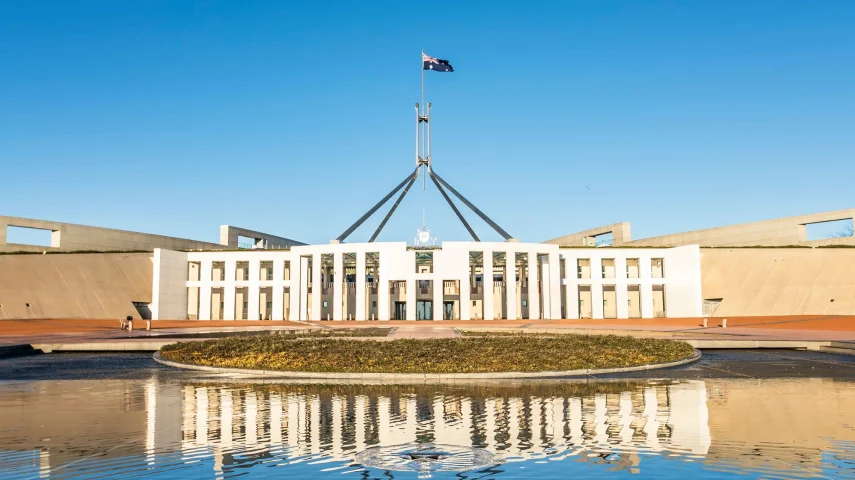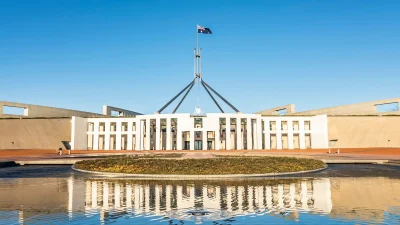100 days on from the final QAR response



It has been 100 days since the announcement of the two final tranches of the Quality of Advice Review last December.
Minister for Financial Services, Stephen Jones, announced the second and third tranche of reforms to the government’s response to the QAR, known as Delivering Better Financial Outcomes, on 7 December.
These were modernised and flexible best interest duty, a new class of financial adviser known as “qualified adviser”, expanding superannuation advice to banks and insurers, and a principles-based advice record.
These covered recommendations 3, 4, 5 and 6 of the QAR, following an earlier response regarding removing regulatory red tape, expanding access to retirement income advice and exploring new channels to advice in June 2023.
It would not proceed with recommendation 1 about broadening the definition of product advice, recommendation 2 about the removal of a general advice warning, and recommendation 12 about distribution and reporting requirements for design and distribution obligations (DDO).
Last December, it was expected the first tranche in June would be completed by mid-2024 and the second would be nearer the end of the year, as Jones committed to passing it by 2025, ahead of a possible 2025 federal election.
Since the announcement, most of the industry’s reaction has been around the introduction of qualified advisers, which has been derided as “crazy talk” by licensees given the high educational requirements for financial advisers since the Hayne royal commission. It is understood that the term qualified adviser is likely to be changed in due course following the backlash.
Qualified advisers would be those employees of licensed financial institutions who are restricted to providing simple advice as a way to scale up the availability of financial advice.
Others have questioned what qualifications would be needed for these types of advisers and how they would be enforced.
Tied into this, the second focus has been the ability of superannuation funds, as well as banks and life insurers, to give advice and how this will play out. Questions are being asked about how this will be charged, what issues it will cover, how to provide it and the role for digital advice.
Others have discussed whether documentation changes to Statements of Advice will actually be enforced by licensees, despite the positive feedback received to the proposal at the time.
Since the reform announcement, Treasury is understood to have begun hosting a series of roundtables with associations and institutions to work through the legislative and technical details of the package. This is considered standard procedure for the minister to gather additional information before the development of an exposure draft.
Over at the Financial Advice Association Australia (FAAA), it has pushed for a mandated standardised fee consent form to minimise red tape and reduce the cost of advice. While the industry body welcomed the removal of the requirement to produce a fee disclosure statement (FDS), FAAA chief executive Sarah Abood argued that advisers with clients on annual agreements are already not needing to produce them.
With a federal election on the horizon in 2025, the opposition has also appointed Luke Howarth as the shadow financial services minister, following Stuart Robert’s step down in May 2023. However, he has not yet discussed his views on the financial advice reforms.
Recommended for you
The Financial Advice Association Australia has appealed to licensees to urgently update their FAR records as hundreds of advisers are set to depart by the end of the year.
Demand for robo-advice tools is rising, a report has shown, but this is occurring simultaneously with rising demand for professional face-to-face advice.
ASIC has released the results of the latest financial adviser exam, held in November 2025.
Winners have been announced for this year's ifa Excellence Awards, hosted by Money Management's sister brand ifa.













When will anyone wake up to the fact that we are going around in circles. Fact is that 95% of encyclopedia size SOA's are never read by the clients. Allowing organisations back into advice after increasing the education level for all is ridiculous the banks helped destroy planning by taking fees with no ongoing service.
Wake up and see what you have done to the industry not only decimated it but added far to much red tape to allow advisers to operate efficiently